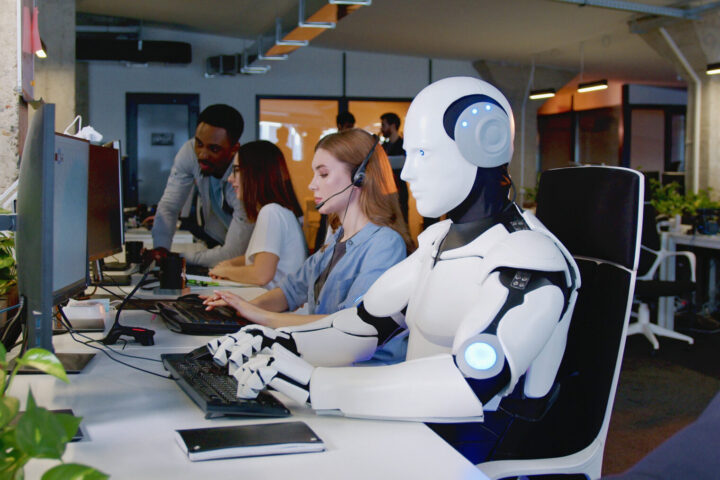A new academic study by Jay Barach, IEEE senior member and expert technologist, has examined how cloud-based HR systems could better withstand rising ransomware threats as attacks targeting payroll, recruitment and employee-data platforms continue to increase.
Barach’s paper, ‘Enhancing Ransomware Resilience in Cloud-Based HR Systems Through Moving Target Defense’, has been published in the latest special edition of Computers, Materials & Continua.
The research analysed how adaptive cybersecurity techniques could help protect sensitive workforce information.
It focused on the use of Moving Target Defense (MTD), a strategy that disrupts attackers by continually altering system configurations rather than relying on static environments.
The study proposed a model combining real-time anomaly detection with dynamic system reconfiguration, aiming to contain ransomware without halting critical HR operations.
By shifting system components unpredictably, the approach is designed to make reconnaissance and lateral movement far more difficult for attackers.
Barach said: “HR platforms handle some of the most sensitive operational data inside any organisation.
“If attackers break in, they can freeze payroll, hijack employee records, and disrupt essential workflows.
“My goal with this research was to show that we don’t have to choose between security and continuity: we can have both.”
The paper also highlightsed that many organisations continue to rely on HR systems not built to withstand modern, AI-driven ransomware tactics.
Barach argued that adaptive defences may offer a viable way to strengthen resilience as cloud adoption accelerates.
He added, “This research is a step toward redefining how we defend high-value systems.
“We need AI-driven resilience that moves as fast as the threat landscape – and that’s exactly what this framework sets out to deliver.”















